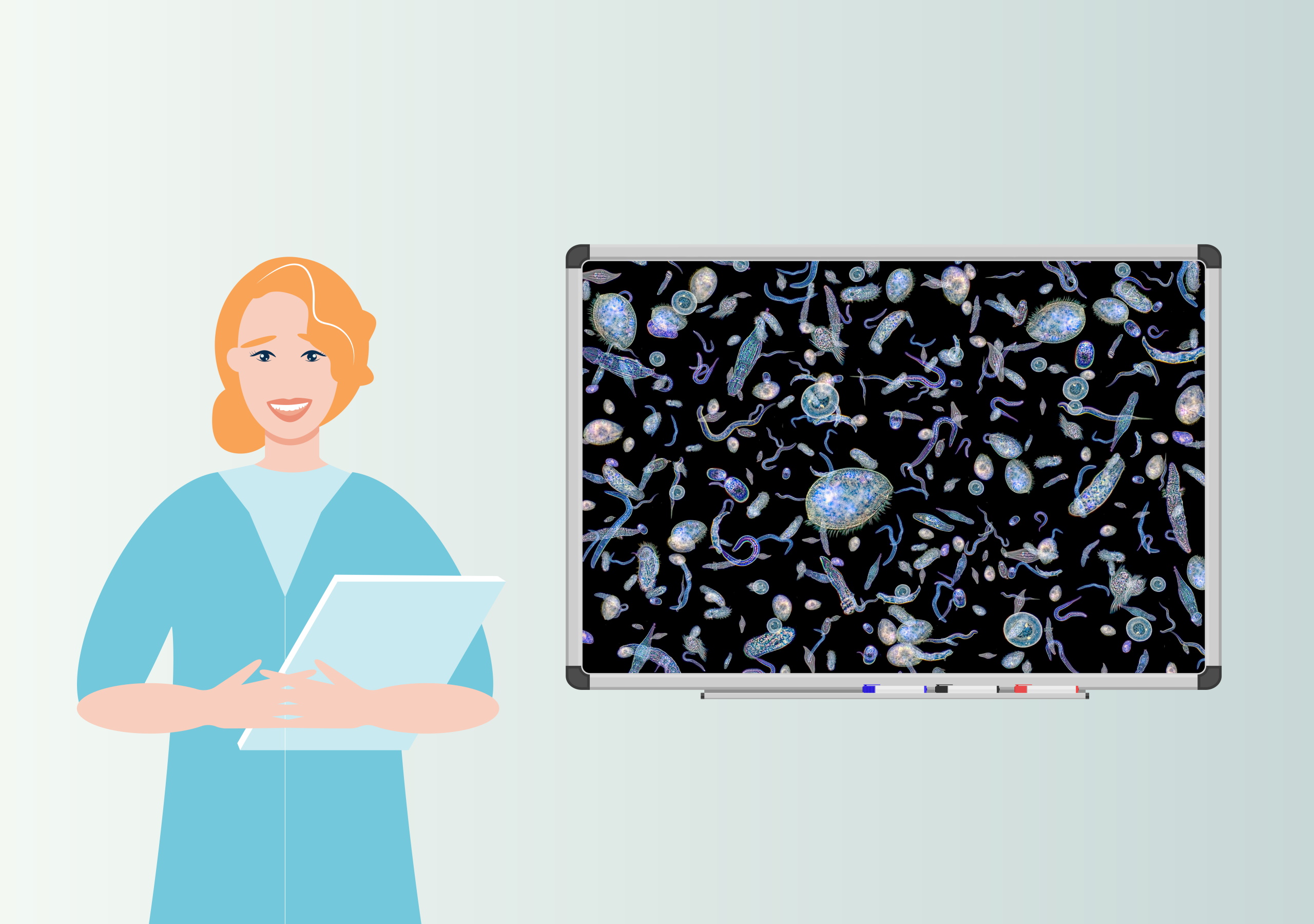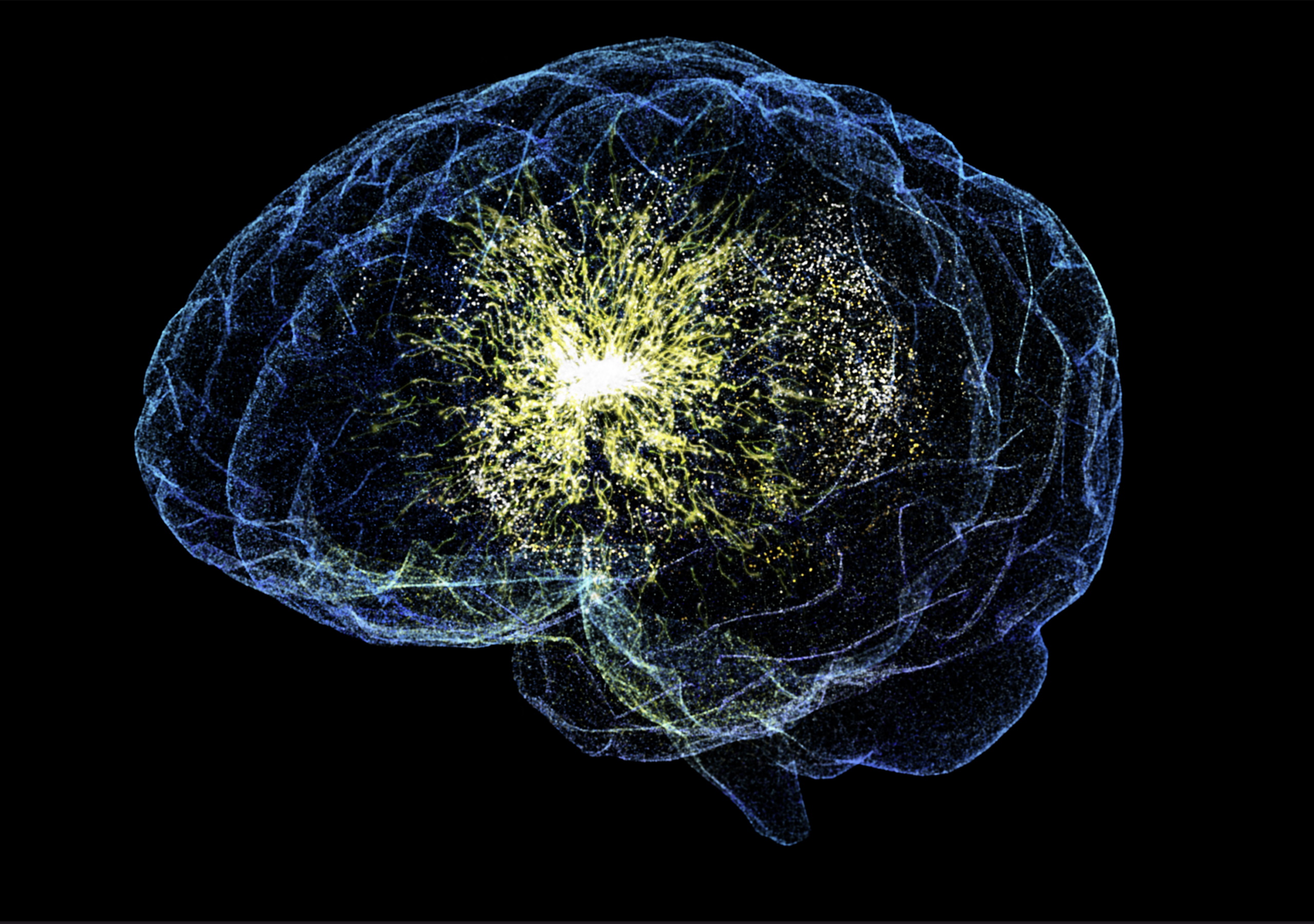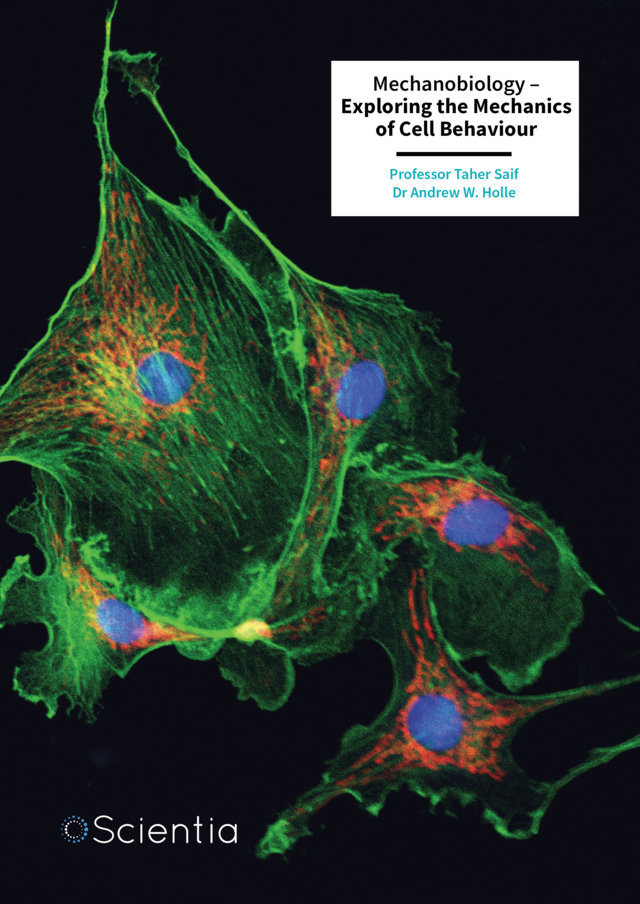Our gut contains a sleepless army, creating a hostile environment for pathogens, and helping to fortify our body’s immune defences. It may surprise you to learn that this army isn’t even human in nature, but is bacterial. The trillions of bacteria that naturally live in our gut, known as the gut microbiota, form an important component of our overall immunity against infectious disease. While bacteria can also cause disease, beneficial bacteria naturally colonise available spaces in our body, such as the gut, and play a key role in our immunity and physiology. Research conducted by Prof. Nelson Gekara of Stockholm University in Sweden and colleagues has revealed that these microscopic organisms play a crucial role in protecting us from viral infections, even in organs that are unconnected to the gut. Their study, published in the journal Immunity, uncovers a fascinating link between the gut microbiota and our body’s ability to fight viruses, offering new insights into immune function and the unintended consequences of antibiotic use. More
The gut microbiota is a complex community of bacteria that inhabit the intestines. These bacteria are not merely passive residents; they actively interact with our bodies in ways that influence digestion, metabolism, and, as recent research has highlighted, immunity. One of the most striking findings from Prof. Gekara’s study is that these microbes help to prime our immune system, keeping it in a state of readiness to combat viral infections.
The study demonstrates that when the gut microbiota is disrupted, such as through the use of antibiotics, the body becomes more vulnerable to viruses. The researchers wished to investigate if antibiotic treatment in mice, which would largely destroy their gut microbiota, affected innate resistance to viral infection. If so, this would suggest that the microbiota play a protective role, and their absence leaves the immune system less prepared to respond to viruses effectively.
To test this, the researchers treated mice with a combination of antibiotics that significantly reduced their gut bacterial populations. These mice were then exposed to herpes simplex virus type 1 (HSV-1), a common pathogen that causes cold sores and can lead to more severe infections in some cases. Compared with untreated mice, those with depleted microbiota showed increased viral replication, more severe clinical symptoms, and higher mortality rates. This striking difference suggests that a healthy gut microbiota is essential for mounting an effective antiviral defense.
The key to this protective effect lies in the cGAS-STING-IFN-I axis, a signalling pathway involved in our immune system that detects foreign DNA and triggers an antiviral response. Prof. Gekara and his team discovered that gut bacteria release tiny membrane vesicles, which are small, bubble-like structures containing bacterial DNA, that enter the bloodstream. These vesicles deliver bacterial DNA to distant immune cells in the body, activating the cGAS-STING pathway and stimulating the production of an immune protein called type I interferons (or IFN-I). These interferons act as molecular alarms, preparing the immune system to respond swiftly to viral threats.
To break this down further, cGAS is an enzyme within immune cells that detects DNA in places it shouldn’t be, such as the cytoplasm, the fluid that fills cells. Normally, DNA is confined within the nucleus, where it carries genetic instructions. If DNA is found in the cytoplasm, it often signals an infection, prompting cGAS to activate STING, a protein that triggers the release of IFN-1. These interferons help nearby cells mount antiviral defenses, blocking the virus from replicating and spreading.
This discovery challenges previous assumptions that bacteria must be physically present at the site of infection to influence immune responses. Instead, gut bacteria can communicate with distant organs through these vesicles, effectively extending their immune-boosting effects throughout the body.
The study also raises concerns about the widespread use of antibiotics, especially in cases of viral infections where they are ineffective. While antibiotics are essential for treating bacterial infections, they also disrupt the gut microbiota, potentially weakening our immune defenses against viruses. This finding suggests that the overuse of antibiotics could have unintended consequences, making individuals more susceptible to viral diseases.
Moreover, the research highlights a potential risk in hospitalized patients who receive antibiotics to prevent secondary bacterial infections. While these medications protect against bacterial threats, they may simultaneously impair the body’s ability to fight off viral infections, potentially complicating recovery.
Further experiments confirmed that mice deficient in the cGAS-STING pathway did not benefit from microbiota-driven immune priming. In these genetically modified mice, viral infections were more severe even when their microbiota was intact. This confirmed that gut bacteria enhance antiviral immunity specifically through this molecular pathway.
The revelation that gut bacteria enhance antiviral immunity through the cGAS-STING pathway opens exciting possibilities for new medical interventions. If scientists can harness this natural mechanism, they may be able to develop probiotic treatments that bolster the immune system, particularly for individuals with weakened immunity or those recovering from antibiotic treatments.
Additionally, this research suggests that modifying the gut microbiota, either through diet, probiotics, or other microbiome-based therapies, could enhance resistance to viral infections. Such approaches could be particularly valuable in preventing outbreaks of diseases such as influenza and even future pandemics.
Beyond probiotics, another avenue for future research is the development of synthetic bacterial vesicles that could mimic the immune-priming effects of natural gut microbiota. If researchers can isolate the specific bacterial components that activate the cGAS-STING pathway, it may be possible to create targeted therapies that boost immune defenses without the need for live bacteria.
Prof. Nelson Gekara and his colleagues have provided a groundbreaking perspective on the interplay between gut bacteria and the immune system. Their research underscores the importance of maintaining a healthy microbiota, not just for digestion but also for robust antiviral defenses. It also urges caution in the use of antibiotics, reminding us that while these drugs are lifesaving, they must be used judiciously to preserve the delicate balance of our microbiome.
As we continue to explore the intricate relationships within our bodies, it becomes increasingly clear that our microbiota are not just passengers but active allies in health. Future research into the microbiome’s role in immunity could lead to innovative treatments that harness the power of these tiny but mighty organisms, ultimately strengthening our ability to fend off viral infections and maintain overall well-being.







